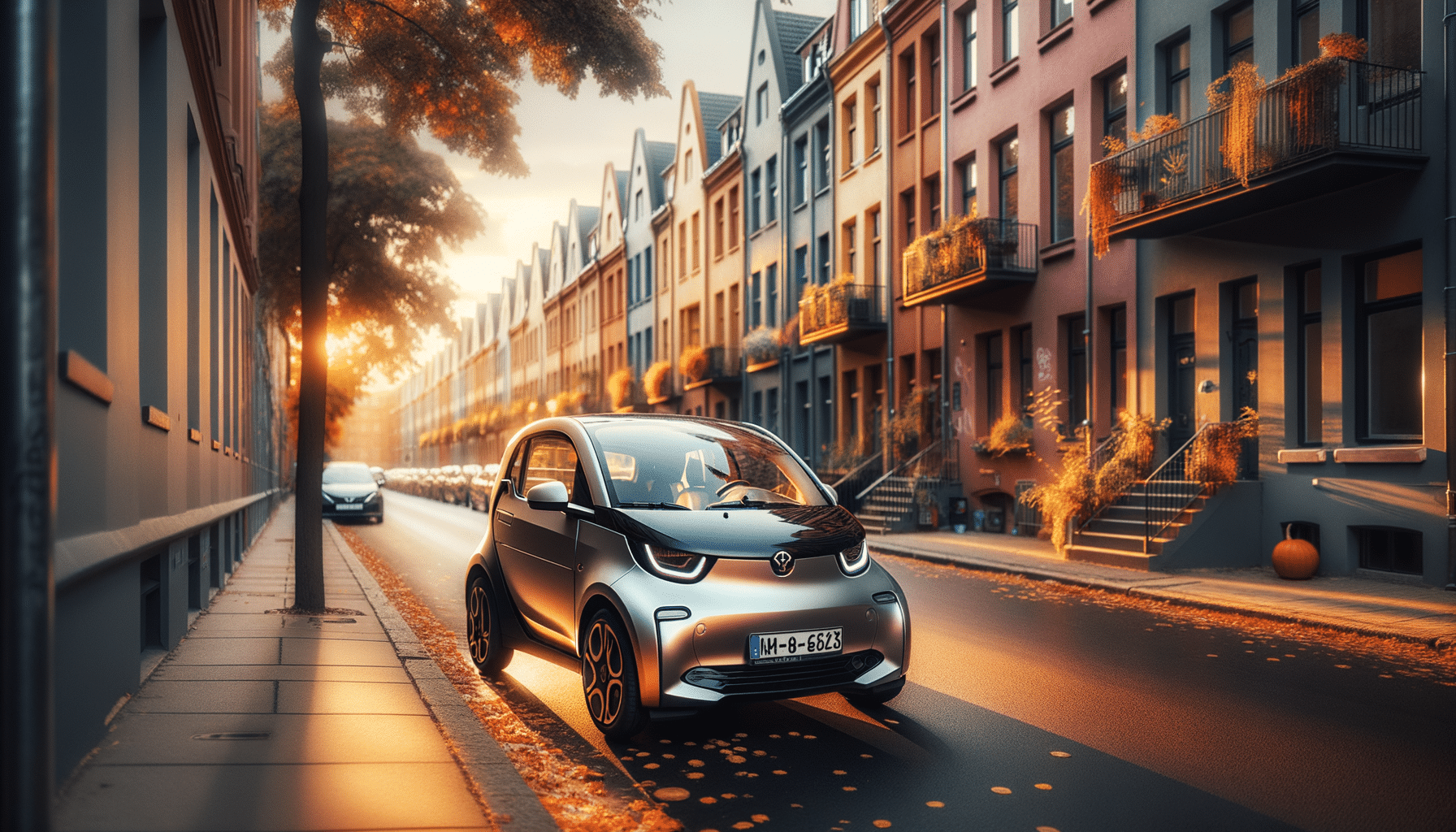
What You Need to Know about Small Electric Cars
The Rise of Small Electric Cars
The automotive industry is witnessing a significant transformation with the rise of small electric cars. These compact vehicles are gaining popularity due to their ability to combine efficiency with practicality, particularly in urban settings. As cities become more congested, the demand for vehicles that can navigate tight spaces and reduce environmental impact grows. Small electric cars offer a solution with their nimble design and zero emissions. This shift is also driven by increasing awareness of climate change and the need for sustainable transportation solutions. As governments implement stricter emissions regulations, manufacturers are investing heavily in electric vehicle (EV) technology, leading to advancements that make small electric cars more appealing to a broader audience.
Several factors contribute to the growing interest in small electric cars. These include advancements in battery technology, which enhance range and reduce charging times, and government incentives that make purchasing electric vehicles more financially attractive. Additionally, the lower operating costs compared to traditional combustion engines make them an economical choice for many consumers. The combination of these elements positions small electric cars as a practical and environmentally friendly alternative for modern transportation needs.
Benefits of Small Electric Cars
Small electric cars offer numerous benefits that appeal to a wide range of consumers. One of the primary advantages is their environmental impact. By producing zero tailpipe emissions, these vehicles help reduce urban air pollution and contribute to cleaner cities. This is particularly important in densely populated areas where air quality is a significant concern. Furthermore, small electric cars are highly energy-efficient, converting more energy from the battery to power the wheels compared to internal combustion engines.
Another benefit is the cost savings associated with owning an electric vehicle. While the initial purchase price may be higher than some gasoline-powered counterparts, the long-term savings on fuel and maintenance can be substantial. Electric cars typically have fewer moving parts, meaning less wear and tear and reduced maintenance costs. Additionally, many regions offer incentives such as tax credits and rebates for electric vehicle purchases, further offsetting the initial investment.
Small electric cars are also praised for their convenience. With advancements in charging infrastructure, it’s becoming easier to charge these vehicles at home, work, or public charging stations. This flexibility, combined with the growing range of modern electric cars, makes them a practical choice for daily commuting and short trips.
Challenges and Considerations
Despite their benefits, small electric cars also present certain challenges and considerations that potential buyers should be aware of. One of the primary concerns is range anxiety, which refers to the fear of running out of battery power before reaching a charging station. Although battery technology has improved, allowing for longer ranges, this issue can still be a deterrent for some consumers. Planning routes and ensuring access to charging stations can help alleviate this concern.
Another consideration is the availability and convenience of charging infrastructure. While the number of charging stations is increasing, it may still be limited in certain areas, particularly in rural regions. This can pose a challenge for those who travel frequently or live outside urban centers. It’s essential for potential buyers to assess the availability of charging options in their area and consider their typical driving patterns before making a purchase.
Additionally, the initial cost of small electric cars can be higher than comparable gasoline vehicles. Although long-term savings on fuel and maintenance can offset this cost, it’s important for consumers to evaluate their budget and financial incentives available in their region.
Technological Advancements
The development of small electric cars has been propelled by significant technological advancements in recent years. One of the key areas of progress is battery technology. Modern batteries are not only more efficient but also offer longer ranges and faster charging times. These improvements make electric vehicles more practical for everyday use and reduce the limitations that previously hindered their adoption.
Another area of advancement is the integration of smart technology. Many small electric cars now come equipped with features such as regenerative braking, which captures energy during braking to recharge the battery, and advanced driver-assistance systems that enhance safety and convenience. These technologies contribute to a more enjoyable and efficient driving experience.
Furthermore, manufacturers are investing in lightweight materials and aerodynamic designs to maximize energy efficiency. This focus on innovation ensures that small electric cars continue to evolve, offering consumers a compelling alternative to traditional vehicles.
Future Outlook and Market Trends
The future of small electric cars looks promising as consumer demand for sustainable transportation continues to grow. Market trends indicate a shift towards electric vehicles across all segments, with small electric cars playing a crucial role in this transition. As technology advances and production costs decrease, these vehicles are expected to become more accessible to a broader audience.
Governments around the world are implementing policies to support the adoption of electric vehicles, including stricter emissions standards and incentives for EV purchases. These initiatives, combined with an increasing focus on reducing carbon footprints, are likely to drive further growth in the small electric car market.
Moreover, the expansion of charging infrastructure and the development of new battery technologies will continue to enhance the appeal of small electric cars. As manufacturers explore new designs and features, consumers can expect a diverse range of options that cater to various preferences and needs. The ongoing evolution of small electric cars positions them as a key component in the future of sustainable transportation.


